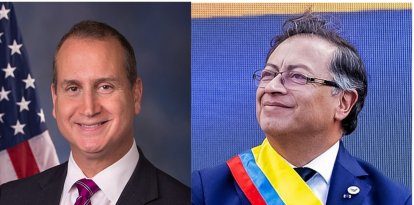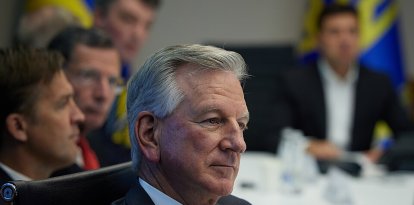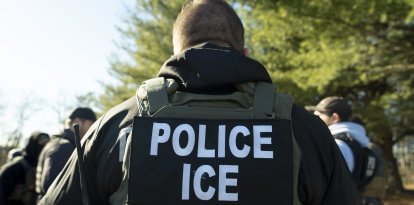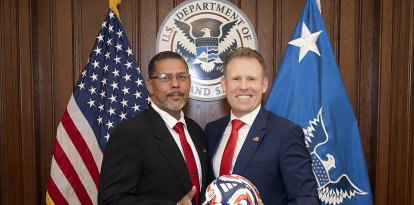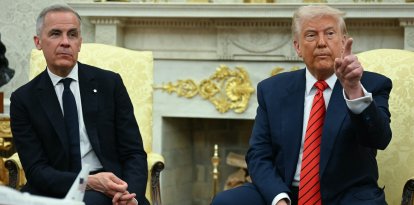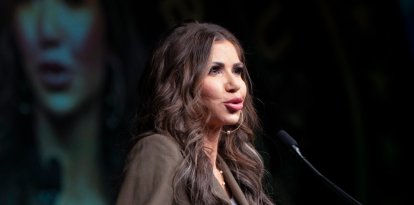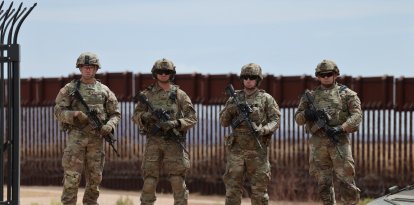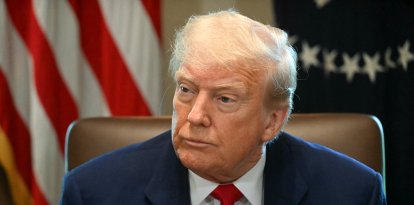Judge temporarily blocks Trump's plan to reduce USAID staff significantly
His decision prevents 2,200 workers from being furloughed and assesses the status of another 500 on administrative leave.
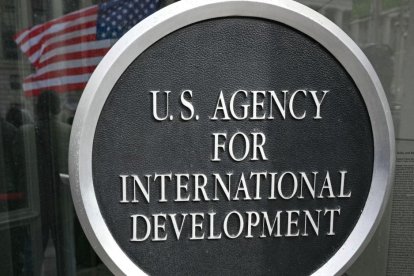
Sign near the entrance to USAID headquarters.
A federal judge has ruled to temporarily halt the U.S. Agency for International Development (USAID) restructuring, partially blocking the Trump administration's decision to reduce its staff significantly.
Judge Carl Nichols, appointed during President Trump's first term, announced Friday that he had issued a temporary order to stop the massive suspension of USAID employees in a "very limited" way. His decision prevents, for now, 2,200 workers from being removed from their duties and assesses the status of another 500 employees who have already been placed on administrative leave.
The Trump administration's plans
President Trump has led an effort to shut down the foreign aid agency, noting that it has been a hotbed of corruption and misuse of public funds for years. As part of its efforts, the administration seeks to reduce bureaucracy and reallocate resources to programs with more significant impact.
The former president explained his position on Truth Social: "The way in which the money has been spent, so much of it fraudulently, is totally unexplainable. The corruption is at levels rarely seen before. Close it down!"
Support for restructuring
Conservative leaders and entrepreneurs such as Elon Musk have expressed support for Trump's plans, calling them a crucial step toward eliminating inefficient bureaucratic structures and ensuring resources are used effectively. Secretary of State Marco Rubio also backed the initiative, stressing that the administration is not looking to hurt employees but that the move is necessary at this time.
According to the administration, the staff reduction will allow for the redirection of funds to more efficient initiatives and the end of corruption networks that have undermined the agency's credibility for decades.
Unions try to block reform
Attorney Karla Gilbride, representing the unions, argued that "this is not something the president can do unilaterally," in an attempt to stop the changes pushed by the Trump administration.
RECOMMENDATION
